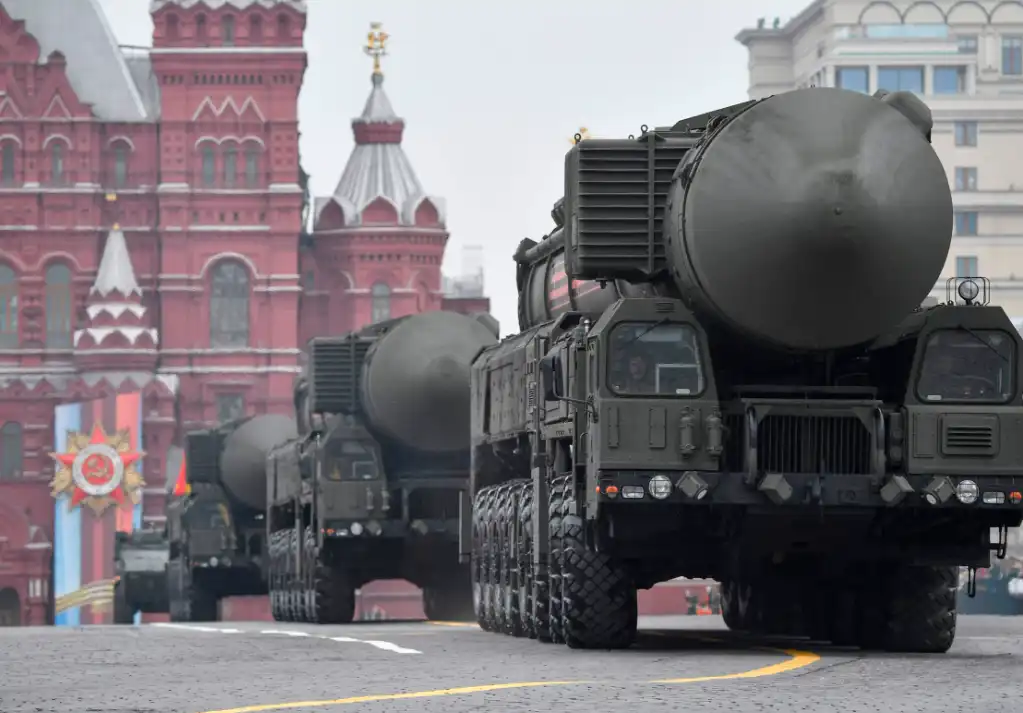Three major military restricted areas in the United States:China, Russia and Vietnam, superpowers dare not touch them
As the smoke of WWII gradually dissipated, the world landscape underwent an earth-shattering transformation. The United States, a nation that rose to prominence during the war, gradually emerged as a global superpower, owing to its formidable economic and military prowess.
Since then, the shadow of the United States has been almost everywhere, from the Korean Peninsula to the Middle East desert, from the European continent to the South American jungle, its tentacles seem to reach every corner of the world.
Even though the United States acts in such a reckless manner around the globe, there are three “no-go zones” that it doesn't dare to touch lightly. Which are these three “no-go zones”? Let's have a look.

Let's look at China first. After a century of humiliation and suffering, this oriental giant has finally ushered in the dawn of its revival since the founding of New China.
Since its reform and opening up, China's economy has developed at a remarkable pace, and its overall strength has been continuously enhanced. It has become an indispensable force in the world.
China's military modernization has also been steadily progressing. This can be seen in the commissioning of the aircraft carrier Liaoning, the flight of the J-20 fighter, the unveiling of the Dongfeng series of missiles, and the construction of the Tiangong space station. These developments all demonstrate the increasing strength of China's military.
More importantly, China has the world's most complete industrial system and huge market potential, and this makes it necessary for the United States to think twice before considering taking military action against China.
As the ancients said:Knowing ourselves and our enemy, we can triumph in every battle. Knowing ourselves but not our enemy, we can win some battles and lose some. Knowing neither ourselves nor our enemy, we will be defeated in every battle. The United States knows well that its rivalry with China will be a protracted and costly affair.

Also worth noting is Russia, a country that straddles both Europe and Asia, which has always been an important player in the world order.
From the Cold War rivalry during the Soviet Union era to the current Russia-US struggle, Russia has always been a major concern for the United States.
Despite the collapse of the Soviet Union, Russia inherited the bulk of its military might, including its fearsome nuclear arsenal.
Russia also has considerable strength in the fields of space, aviation, and electronics. If the United States goes to war with Russia, it will inevitably pay a heavy price and may even shake its position as the world hegemon.

Lastly, speaking of Vietnam, the small South East Asian country with whom the U.S. fought a brutal war in its history. That war ended in U.S. defeat and served as a harsh lesson for the U.S.
The complex terrain of Vietnam, consisting of mountainous regions and jungles, posed a formidable challenge to the U.S. military which was adept at mechanized warfare.
The tenacity and fearlessness that the Vietnamese people demonstrated during the war also made the American troops tremble.
More importantly, Vietnam's geographic location is of major strategic importance to both China and Russia.
If the United States attacks Vietnam, China and Russia would definitely be affected, giving rise to a larger conflict. Thus, the United States would have no choice but to show restraint in dealing with Vietnam.
The world pattern is always changing, but peace and development are always the main theme of the times. Although the United States is strong, it cannot do whatever it wants.
